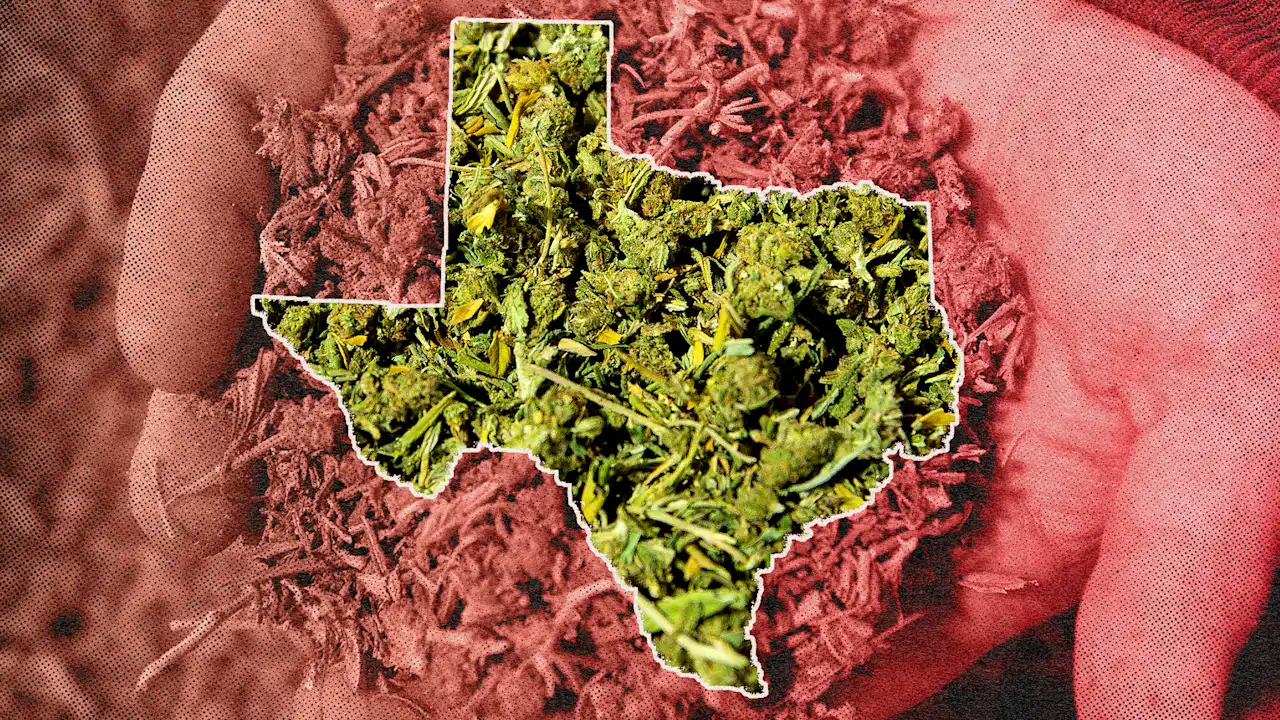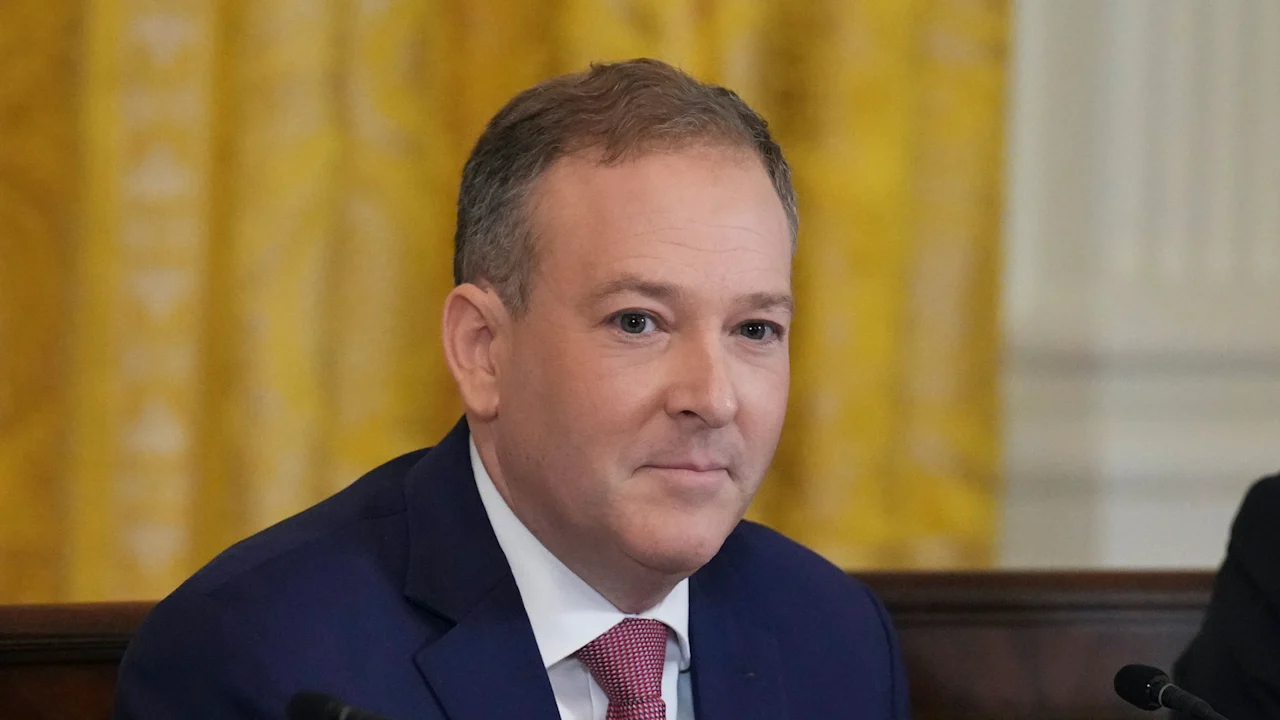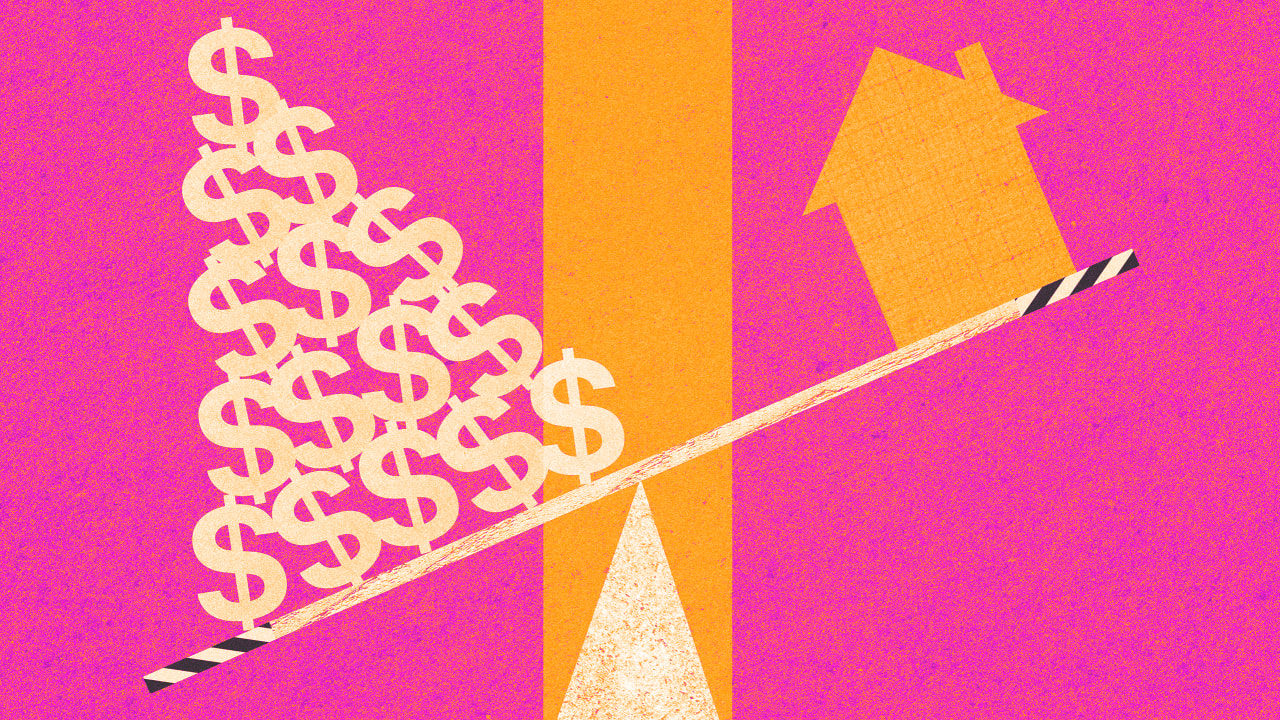A fight over a ban on hemp in Texas is pitting Republicans against Republicans

In recent months in Texas, hemp—and the state’s $5.5 billion hemp industry—has become a flashpoint in state politics and the wider cultural war.
A successful push by Lt. Gov. Dan Patrick earlier this year to have the Legislature ban hemp and hemp-derived THC (tetrahydrocannabinol, the psychoactive ingredient in hemp and marijuana) was temporarily thwarted by Gov. Greg Abbott’s veto of Senate Bill 3 on June 23. But just this week, a special 30-day legislative session was called by the governor, with THC as a top agenda item. A new bill, Senate Bill 5, nearly identical to the vetoed bill, is on the docket for legislators to consider.
Texas, by dint of its size and stature among red states, can be seen as a bellwether for how Republican lawmakers are going to handle the hemp and marijuana markets. The state legalized hemp products in 2019, modeling it after the federal Agriculture Improvement Act of 2018, which kick-started the contemporary hemp industry and cultivation across the country.
But the Texas law concerned itself more with agriculture and regulating the growing of hemp, which led to some oversights in terms of consumer regulation, said Katharine Harris, a drug policy expert at Rice University’s Baker Institute for Public Policy. Products made with THC derived from hemp became legal, even while THC derived from marijuana plants remained banned. That’s led to rapid growth and a consistent push—including from the industry itself—for more regulations.
“Texas has the potential to be the second-largest cannabis market in the country,” said Lukas Gilkey, founder of Hometown Hero CBD, a prominent advocate for the industry who previously launched ongoing legal action against state regulators to prevent them from banning hemp-derived TCH products in 2021. “You used to be sent to jail for having a joint, but the numbers for this industry are staggering for an industry that isn’t even six years old.”
A sudden multibillion-dollar industry
In the six years the hemp industry has existed in Texas, it’s been on a speedrun toward becoming a sizable sector of the economy, according to a March 2025 Whitney Economics analysis. The industry now generates $267 million in state tax revenue, employing 53,000 workers who receive $2.1 billion in wages. Hometown Hero’s revenues expanded five times over during the first six months after the law was passed.
Recreational marijuana is not legal to sell in the state—although Texas does have a small medical marijuana program—but possession of small amounts is starting to be decriminalized in some cities. However, since hemp is legal, the hemp industry in Texas can conduct transactions that pot sellers cannot, such as take credit card payments and engage in interstate commerce.
The growth of hemp in the state has garnered quite a constituency of small-business owners, entrepreneurs, and recreational users, as well as a sizable community of military veterans who utilize hemp goods for medicinal purposes. Many farmers have made hemp a main crop and were outraged that the industry was on the verge of closure.
“Throw the lowlifes in jail if you want to stop the bad actors,” Ann Gauger, co-owner of Caprock Family Farms in Lubbock, told The Texas Tribune. “But don’t take out the American farmers. Don’t take out the ag producers.”
A battle for what Texas means
The battle over hemp in Texas can be cast as a battle about the personality of the frontier state itself: a no-nonsense, freedom-loving, self-made sense of pride in building a business with your bare hands versus a well-earned reputation as a right-wing policy incubator with deeply religious leaders.
There have been other attempts to regulate and reform hemp laws during other legislative sessions. (Texas has biannual sessions that last six months every other year.) But over the course of the last few years, the industry has grown substantially, to the point where it’s quite visible, Harris said.
That has simply made some of the regulatory issues more obvious. For instance, manufacturing smokable hemp products was outlawed, but the sale of such items wasn’t prohibited. The state’s regulations also lacked more concrete restrictions around potency and age limits, and had few restrictions on where items could be sold: A retail license cost just $155 per location.
“One of the issues that we have right now is that there are a lot of unsafe products on the market because we don’t have the oversight necessary,” Harris said. “That’s one of the things that they really need to fix.”
George Medici, a spokesperson for the Texas Hemp Business Council, said the industry itself has been advocating for new regulations—childproof packaging, age limits, setbacks to keep sales away from schools—so far, to no avail. Advocates have been busy lobbying in Austin during the special session, and they feel somewhat positive about the future.
“I think we’re optimistic; it’s kind of hard to tell,” Medici said. “Polling suggests, and always has, that people want these products on the market, and want them regulated. The momentum is positive. What that’ll look like making the sausage, I don’t know.”
There are also efforts to push production of more industrial hemp, according to state Agriculture Commissioner Sid Miller, but that’s just getting started. Miller believes that regardless of what happens with the regulation of products with THC, Texas will be a national leader in the hemp industry.
The potential for a full ban
It’s also clear that the clash around hemp will continue. During a press conference about the issue, Lt. Gov. Patrick suggested that hemp producers might be part of a “terrorist money-laundering scheme” and asked if the state really wanted everybody to get high.
Patrick and his allies in the Texas Legislature feel that hemp products have become too common, are too hard to police, and should be banned instead of regulated.
Rice University’s Harris believes the current special session will likely deal with additional regulations around prohibiting access to minors and addressing additional regulations for the industry. She argues that any kind of ban would just push buyers to the illicit market, which would end up being more dangerous. Hometown Hero’s Gilkey believes Senate Bill 5 will pass in the Senate but says that even if it does end up getting signed by the governor in the special session, he “has a team of lawyers ready to sue them into oblivion.”
In the long term, the Texas hemp industry will have to adapt to a changing landscape and likely face a little more regulation, akin to what’s already seen in many of the legal marijuana states, Harris said. She’d like to see an effort toward self-regulation and legislation that encourages better behavior within the industry, as far as guaranteeing the safety profiles of their products (as do many in the industry).
“The problem is that there’s an industry and a market for these products that exists, so it becomes a lot harder to make it all go away,” she said.
What's Your Reaction?
 Like
0
Like
0
 Dislike
0
Dislike
0
 Love
0
Love
0
 Funny
0
Funny
0
 Angry
0
Angry
0
 Sad
0
Sad
0
 Wow
0
Wow
0

.png?width=1200&auto=webp&trim=0,0,0,0#)



























































































